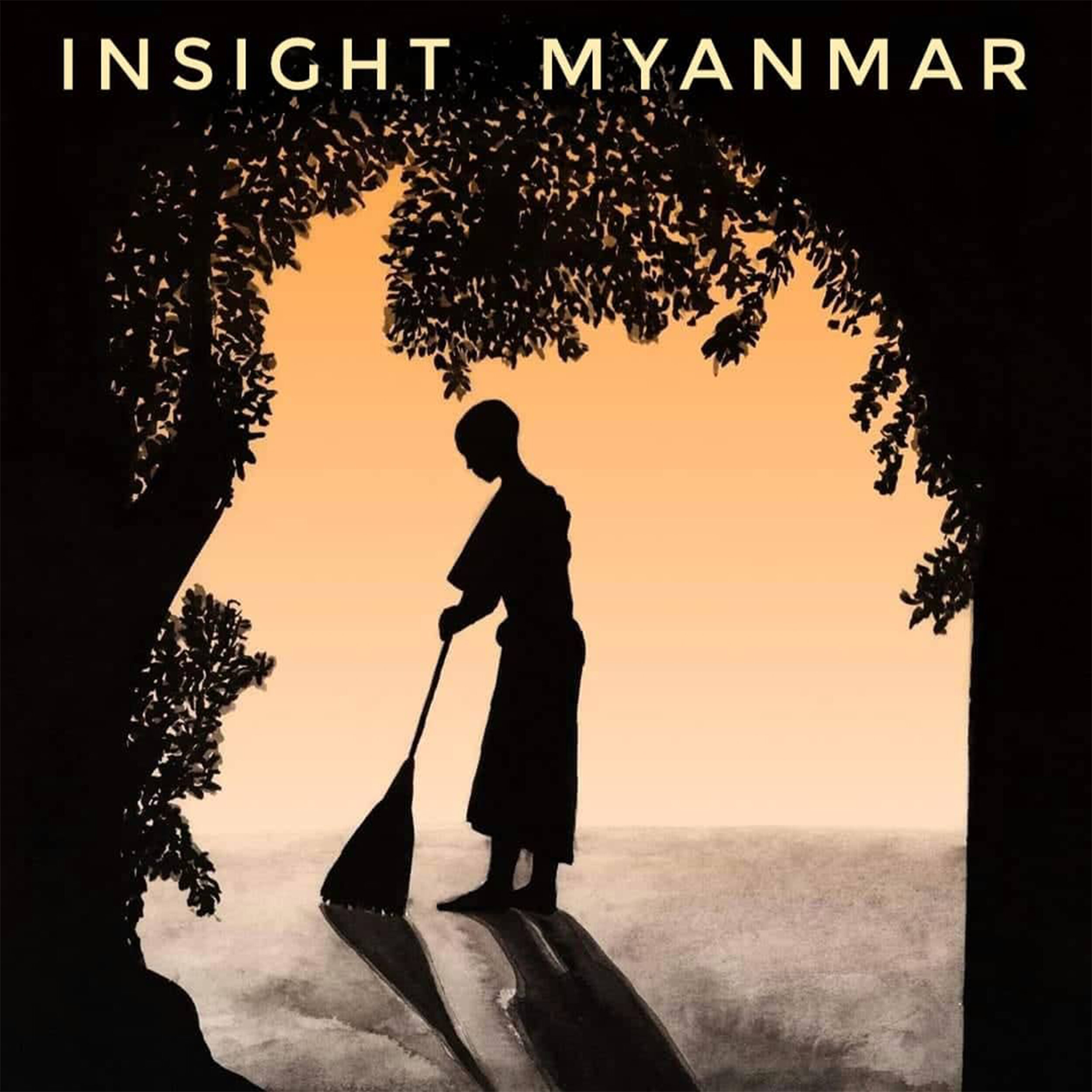"The Monks Have to Change"
In a recent podcast discussion, Ashin Kovida recognizes significant challenges within the Sangha, the Buddhist monastic community in Burma. He points out that many monks remain indoctrinated by the military regime, seeing it as their protector while viewing democracy as a threat. This ideological division within the Sangha hampers its unity in advocating for human rights and democracy. Furthermore, Ashin Kovida criticizes the archaic monastic education system, which limits the curriculum to Buddhist studies and discourages critical thinking. He believes this isolationist approach disconnects monks from the changing world and hinders their ability to engage with modern society effectively. To address these challenges, he emphasizes the importance of open-mindedness, diverse education, and ethical behavior among monks to ensure the relevance of Buddhism in contemporary times.
“So long as we practice the Buddha’s teaching, it will never be lost. So, we do not worry! And the Buddhist monks, I hope they understand now they have already lost connection with the people.”
“I think the conservative monks, of course, they are afraid of losing where they are! So, they don't want to move anywhere. This is everywhere. It happens in the world. Everything is changing. Nothing lasts forever. The Buddha's teaching - the teachings of the Buddha is called the Sāsana – is for anybody. The Buddha did not call his teaching a religion. He just showed the way; anybody who takes his advice, his way, will get peace, if you want to call it peace, or Nibbāna. You don't need to call yourself a Buddhist.
For example, the Five Precepts. In a Buddhist country like in Burma - I don't want to say any other countries, but in Burma - every sabbath day, on Buddhist holidays, they go to the temple, and then they take the precepts. But there are a lot of crimes still, corruptions. Corruption is stealing, lying, drugs and drinking alcohol; these are against the Buddhist teachings. But they are reciting from their mouths.
In Western societies, they are not Buddhist; they do not go to the Buddhist temple. But I think there is a lot less corruption. I don't say they are perfect, but almost no corruption. Wherever you go, nobody steals. At home in Burma, I think even at the pagodas it’s not safe; they worry about losing their motorbikes or something like that. So, it doesn't matter if you call yourself Buddhist or not.
Actually, the Buddha said, ‘When you see the Dhamma, you see me.’ So, until so long as we practice the Buddha's teaching, the Buddha's teaching will never be lost. So, we do not worry! And the Buddhist monks, I hope they understand now they have already lost connections with the people.
Even under British colonialism, at that time, monks had communication with the people, because monastic education was very important at that time. But nowadays, nobody, none of the younger generations go to the monasteries for their education. The monks, they are not qualified enough to give education to the young generations anymore. I think that will be difficult, they will lose connections, communication with young people. They will go farther and farther away. So, they have to change. The monks have to change! If they don't change, they will lose their position.
I think they have to change their education systems. They have to open up their minds. They have to learn the situation, what the people want. The Buddha always studied first about the people and then he gave the advice to people. Now, the monks, they do not learn about the people; they just want to give the advice! It is not the right way, I think. So, first we have to learn what is a good teacher. We say the Buddha is not a creator; he is a good teacher. A good teacher is not the understanding about the subject. A good teacher is somebody who knows about the students, the students’ character, the students’ behavior, and then gives the advice.
So, now the monks, if they really want to be the good teachers, they have to know what the people need, what the people want. Then, they give the advice, what the people want. If so, in order to be able to be qualified teachers, as monks, they have to change their education systems, too.”
